Introduction
Matcha is beloved for its vibrant green hue, earthy umami flavor, and deep cultural roots in Japanese tea ceremonies. But if you're sipping a bright cup of matcha and wondering, does matcha have calories?, you're not alone! Let’s explore this delightful drink’s calorie content, what affects it, and how matcha fits into a healthy, modern lifestyle.
Does Matcha Have Calories?
Yes, matcha does have calories but only a few! Unlike regular green tea, where you steep leaves and discard them, matcha is made by whisking finely ground tea leaves directly into water. This means you’re consuming the whole leaf, getting more nutrients and a small amount of calories.
A typical serving (about 2 grams, or one teaspoon) of ceremonial-grade matcha contains 4 to 8 calories. That’s impressively low, especially for a drink packed with antioxidants, vitamins, and minerals. Matcha powder contains zero fat, zero cholesterol, and zero sugar. When prepared traditionally with just hot water, matcha is a flavorful, low-calorie beverage with remarkable health benefits.
Where Do the Calories in Matcha Come From?
The calories in matcha come from the nutrients naturally present in the tea leaves mainly trace amounts of protein, carbohydrates (including dietary fiber), and tiny amounts of fat. Because you’re ingesting the whole leaf, matcha has slightly more calories than a cup of steeped green tea (which usually has 0–2 calories per cup). Still, matcha remains one of the lowest-calorie drinks you can enjoy.
Calories in Matcha-Based Drinks and Treats
While pure matcha is low in calories, the calorie count can increase based on how you prepare it or what you add:
- Plain matcha tea (usucha): About 4–8 calories per serving (2 grams powder + water)
- Matcha latte (with milk and sweetener): 100–200+ calories, depending on milk type (dairy or plant-based), sweeteners, and serving size
- Matcha smoothie: Varies widely based on ingredients fruit, milk, yogurt, and sweeteners all add calories
- Matcha desserts: Treats like brownies, puddings, ice cream, and cakes can be high in calories due to added sugars, fats, and other ingredients
If you’re watching calories, stick to plain matcha or try low-calorie recipes with unsweetened plant-based milk and minimal sweetener.
How Does Matcha Compare to Other Drinks?
Curious how matcha stacks up against other beverages?
- Green tea (steeped): 0–2 calories per cup
- Oolong tea: 1–2 calories per cup
- Black tea: 2 calories per cup (without milk or sugar)
- Coffee (black): 2–5 calories per cup
- Orange juice (8 oz): ~110 calories
- Soda (12 oz): ~95 calories
- Matcha latte (store-bought): 140–200+ calories
So, matcha (when prepared simply) is one of the lowest-calorie options available, richer in nutrients than most teas, and a lighter choice than most sweetened drinks or lattes.
What Factors Affect the Calorie Content of Matcha?
Several factors can influence how many calories are in your cup:
- Serving size: More matcha powder means more calories, though still low overall
- Preparation method: Classic usucha (just water and matcha) vs. creamy lattes or blended drinks
- Added ingredients: Milk, plant-based milks, sugar, honey, syrups, and toppings can all increase calorie count
- Brand or product: Some ready-made matcha drinks or mixes contain added sugar or flavorings
To keep your matcha as low-calorie as possible, enjoy it plain or with minimal, calorie-conscious additions.

Nutritional Benefits of Matcha Beyond Calories
Matcha isn’t just about being low in calories it’s also a nutritional powerhouse. Here’s what you get in every cup:
- Antioxidants (especially EGCG catechins): Help fight oxidative stress and support overall health
- Vitamins and minerals: Including vitamins A, C, E, K, and B-complex, plus potassium and magnesium
- Dietary fiber: Supports digestion and satiety
- Amino acids (like L-theanine): Promote calm focus and mental clarity
- Caffeine: Provides gentle, sustained energy without the jitters
- Supports immune, heart, and oral health
Matcha’s unique combination of nutrients makes it a nourishing, mindful beverage to enjoy daily.
Can Matcha Help with Weight Management?
Adding matcha to your diet can support a healthy lifestyle and weight management goals. While it’s not a magic solution, matcha’s catechins (especially EGCG), caffeine, and dietary fiber may help:
- Boost metabolism and fat oxidation
- Increase energy and focus for exercise
- Promote feelings of fullness
Pair matcha with a balanced diet, regular exercise, and mindful habits for best results.
Tips for Keeping Matcha Drinks Low in Calories
Want to enjoy matcha without extra calories? Try these strategies:
- Prepare traditional matcha (usucha) with just water
- Use premium ceremonial-grade matcha for the best flavor, no sweetener needed
- If making a latte, choose unsweetened plant-based milk or low-fat dairy
- Skip or minimize added sugars, try stevia, monk fruit, or enjoy the natural flavor
- Adjust your serving size to taste
- Pair with traditional Japanese wagashi (often lower in calories than Western desserts)
Experiment to find your favorite low-calorie matcha ritual.
Frequently Asked Questions
Is matcha good for a calorie-conscious diet?
Absolutely! Pure matcha is very low in calories and rich in nutrients, making it a smart choice for those watching their intake.
Does matcha have more calories than green tea?
Yes, but only slightly. Because you consume the whole leaf, matcha has about 4–8 calories per serving versus 0–2 calories for steeped green tea.
What’s the healthiest way to drink matcha?
Whisk premium matcha powder with hot water, no milk or sugar needed. This keeps calories low and delivers the greatest health benefits.
Embrace Matcha in Your Lifestyle
Whether you’re a seasoned tea lover or new to Japanese flavors, matcha offers a delicious, mindful way to enhance your daily routine. Enjoy it from an authentic Japanese handcrafted cup or bowl to make each sip a small ceremony of its own.
 Curious to explore more? Visit our collection of artisan matcha sets and start your own journey into the world of Japanese tea. Savor the flavor, enjoy the benefits, and sip with confidence, knowing matcha is a low-calorie, nutrient-rich companion for a healthy lifestyle.
Curious to explore more? Visit our collection of artisan matcha sets and start your own journey into the world of Japanese tea. Savor the flavor, enjoy the benefits, and sip with confidence, knowing matcha is a low-calorie, nutrient-rich companion for a healthy lifestyle.


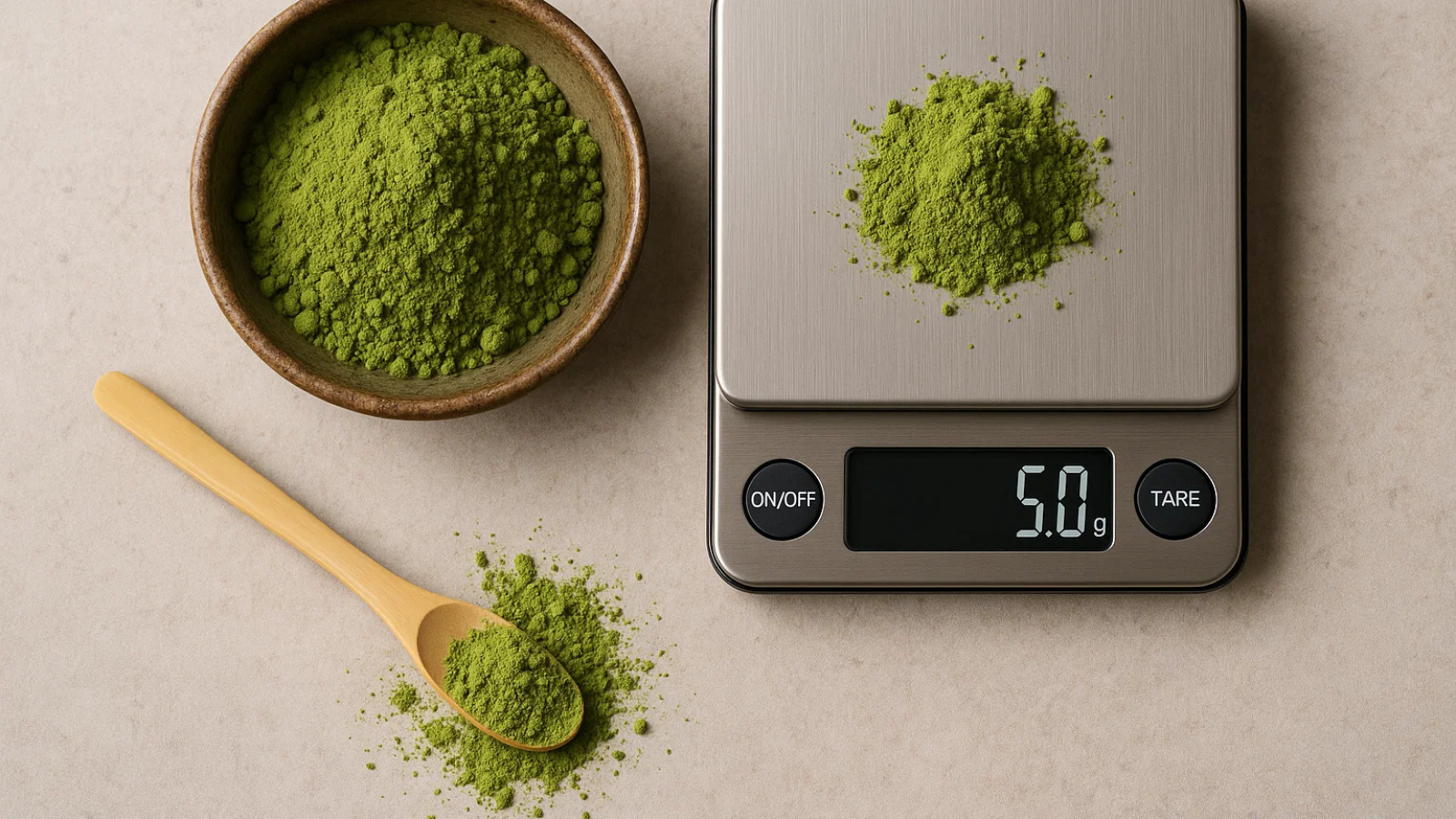

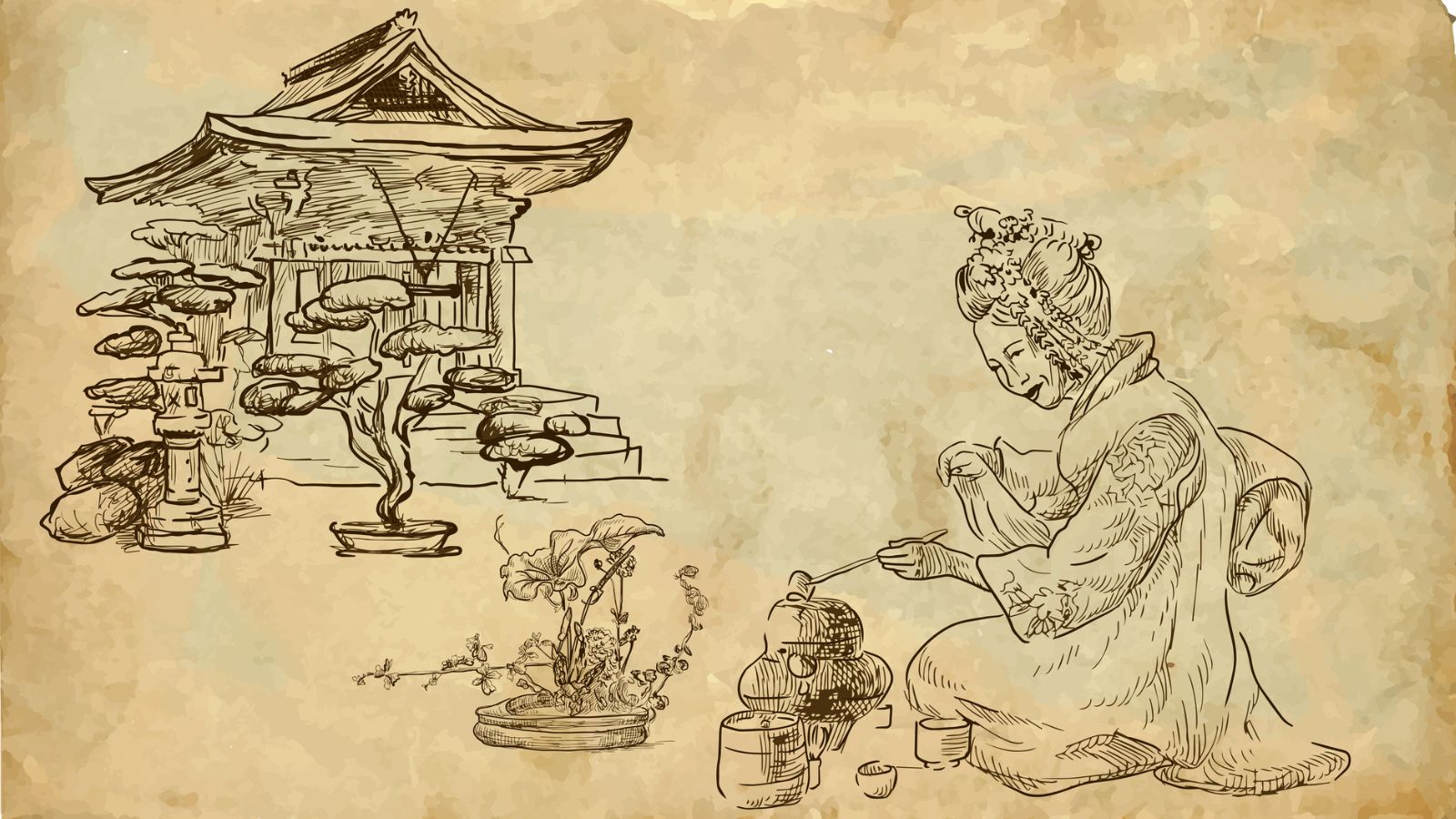


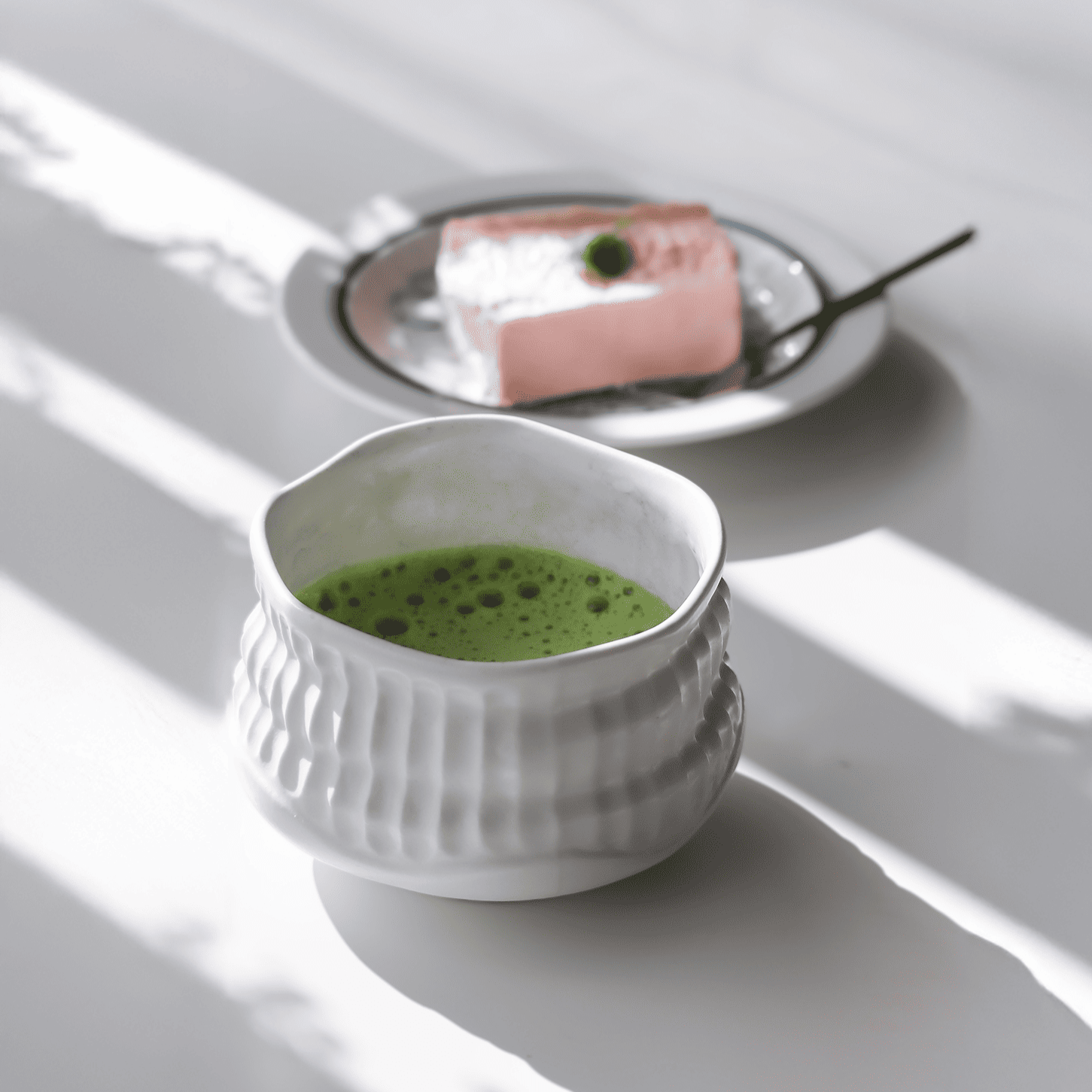
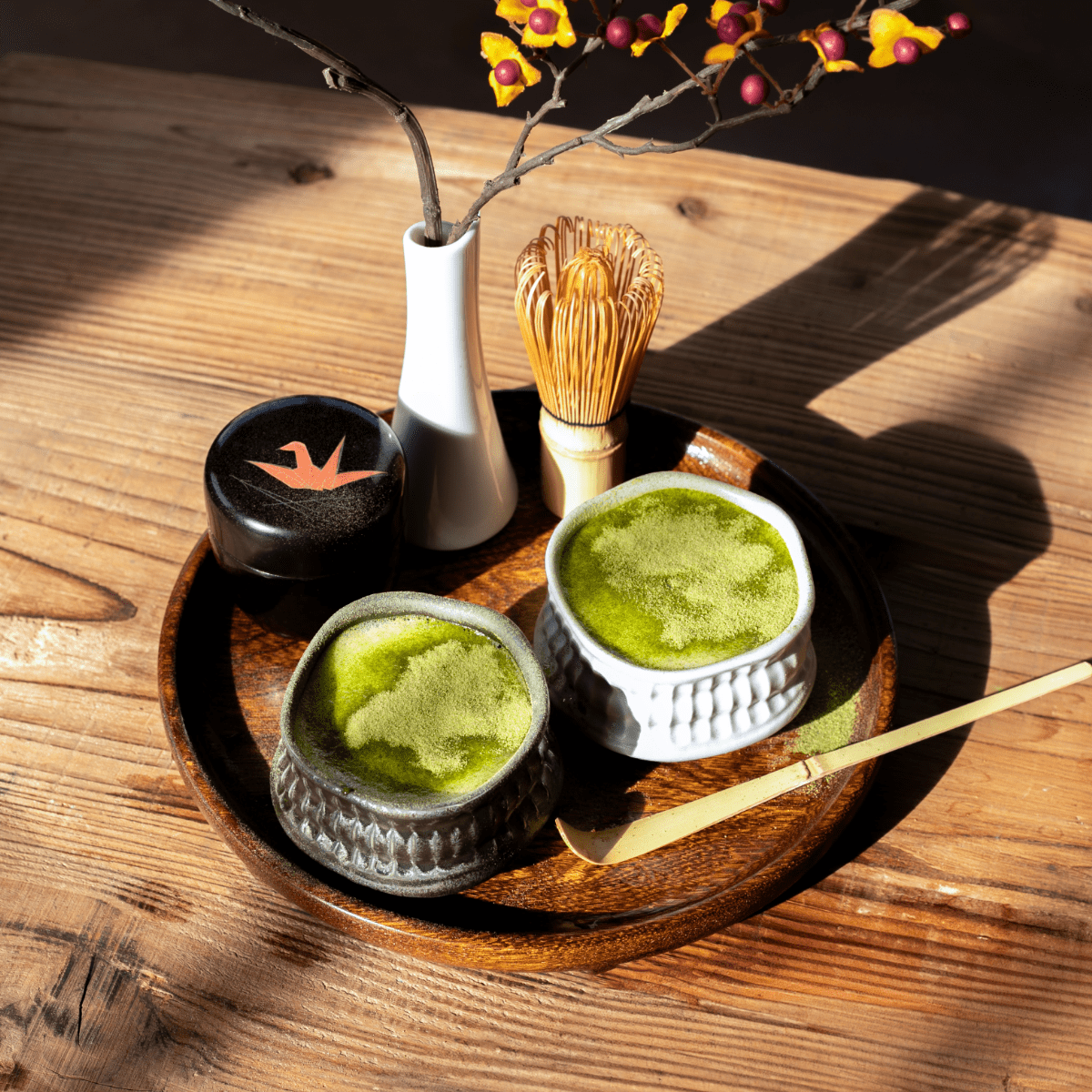
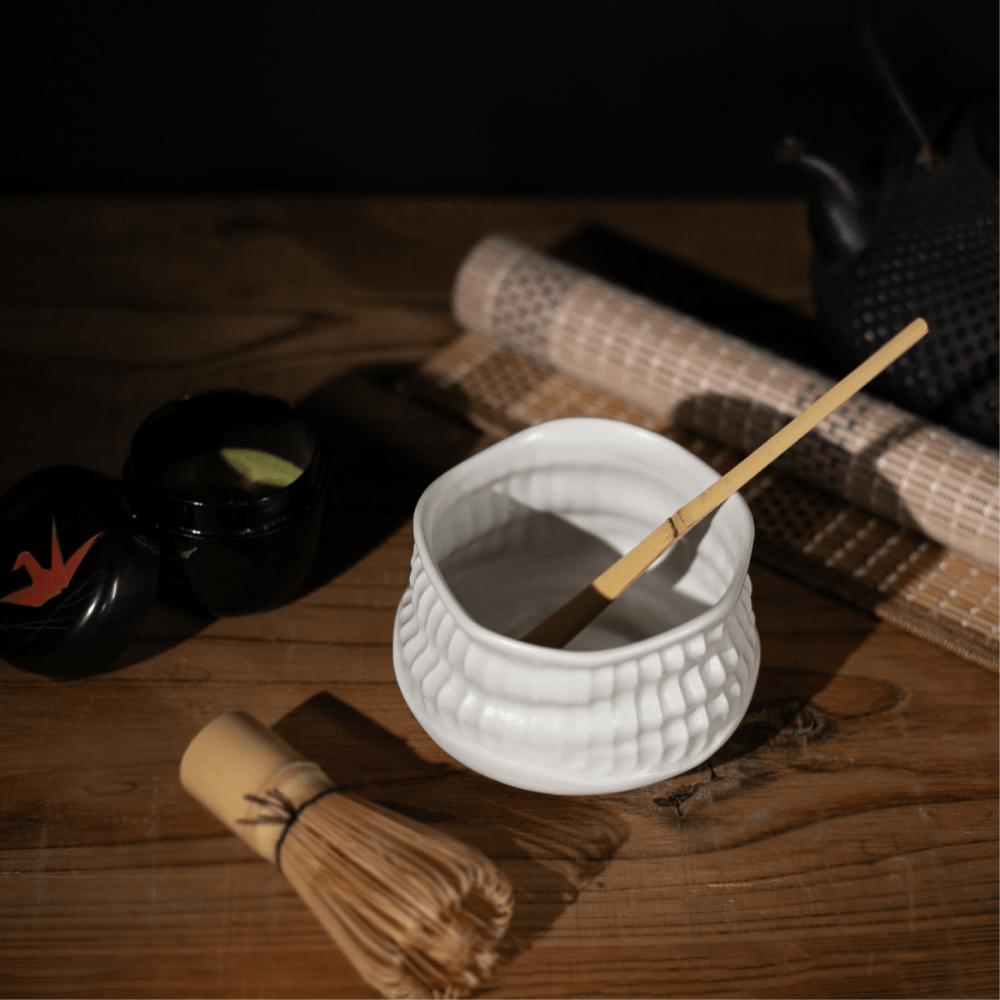
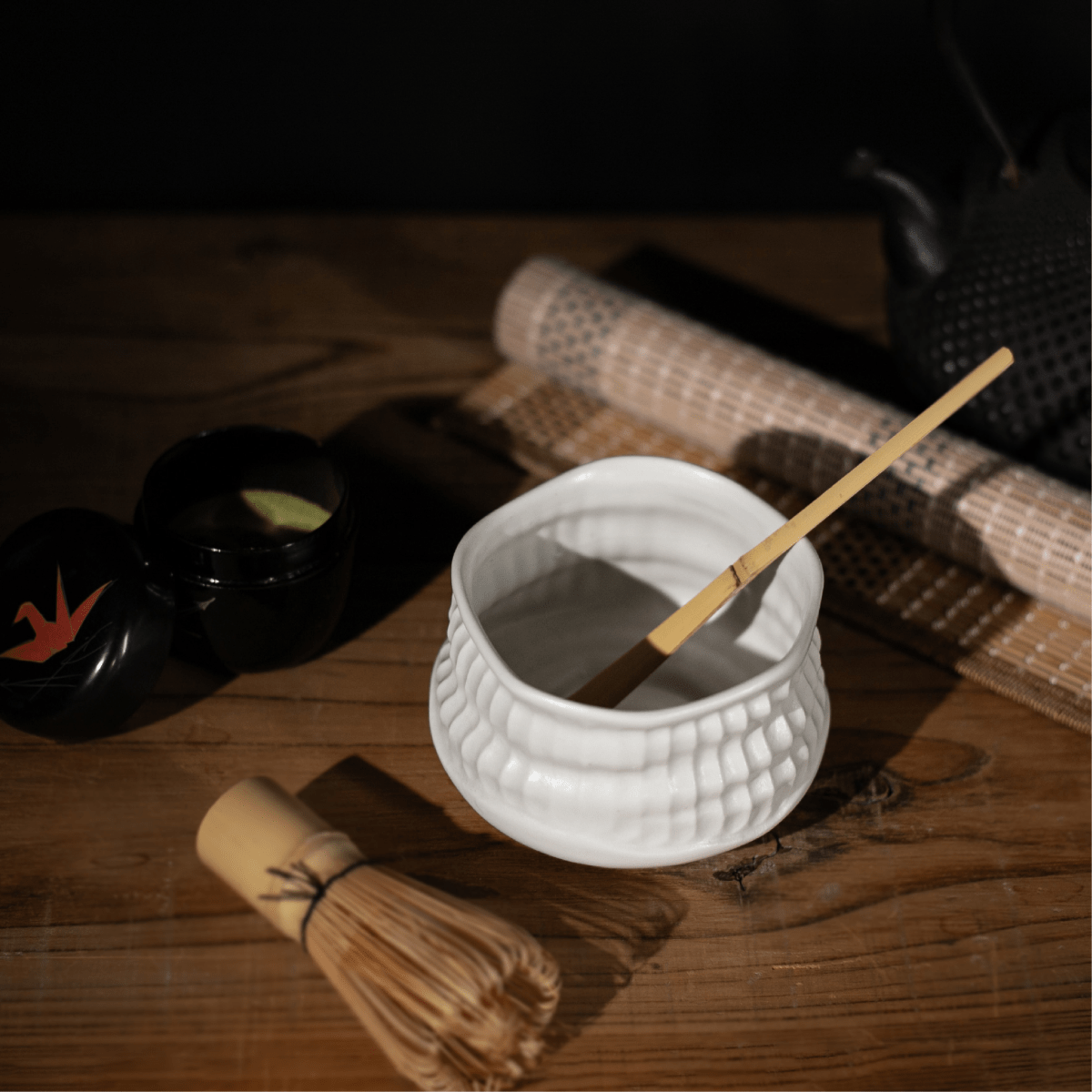
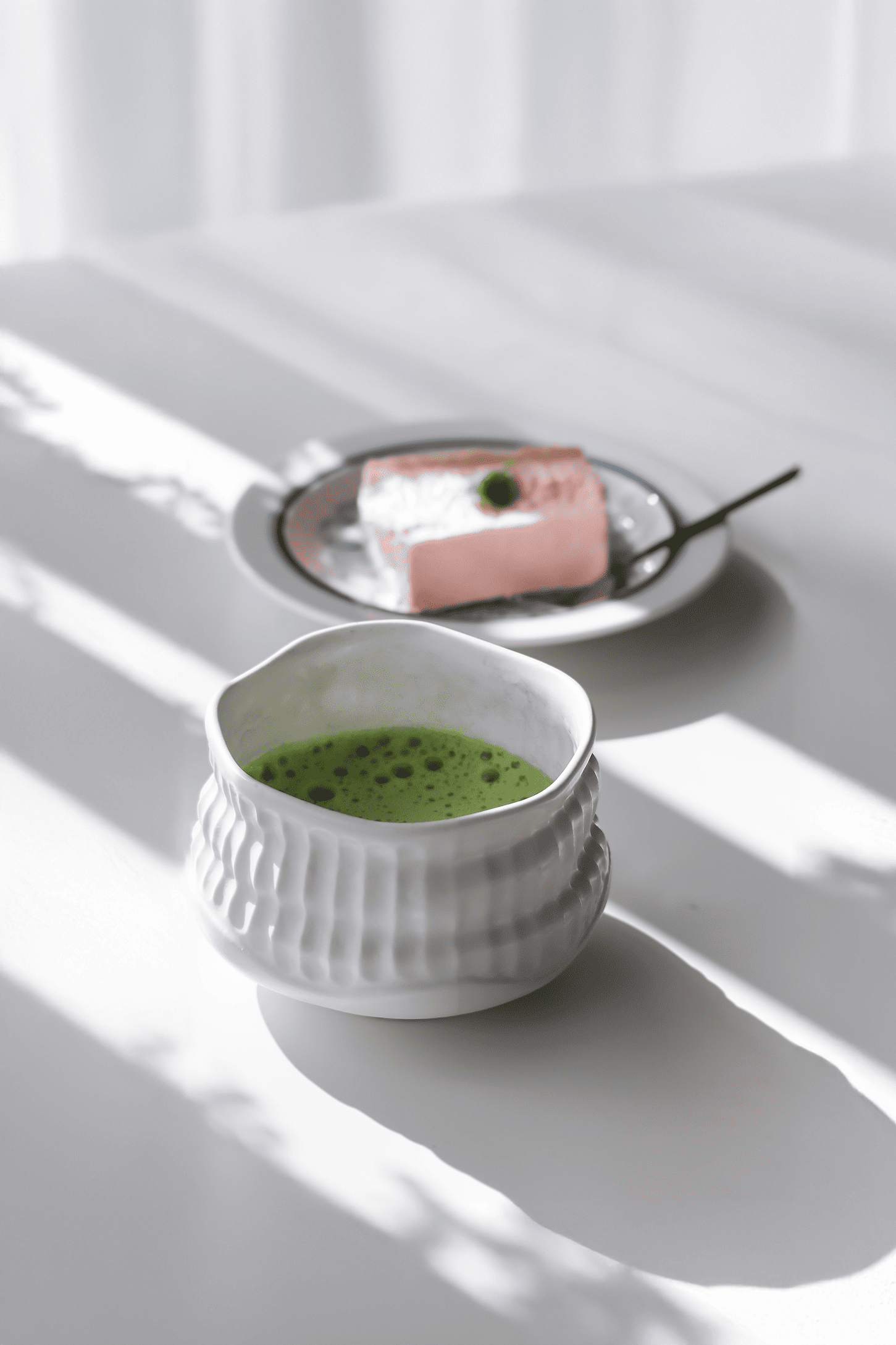
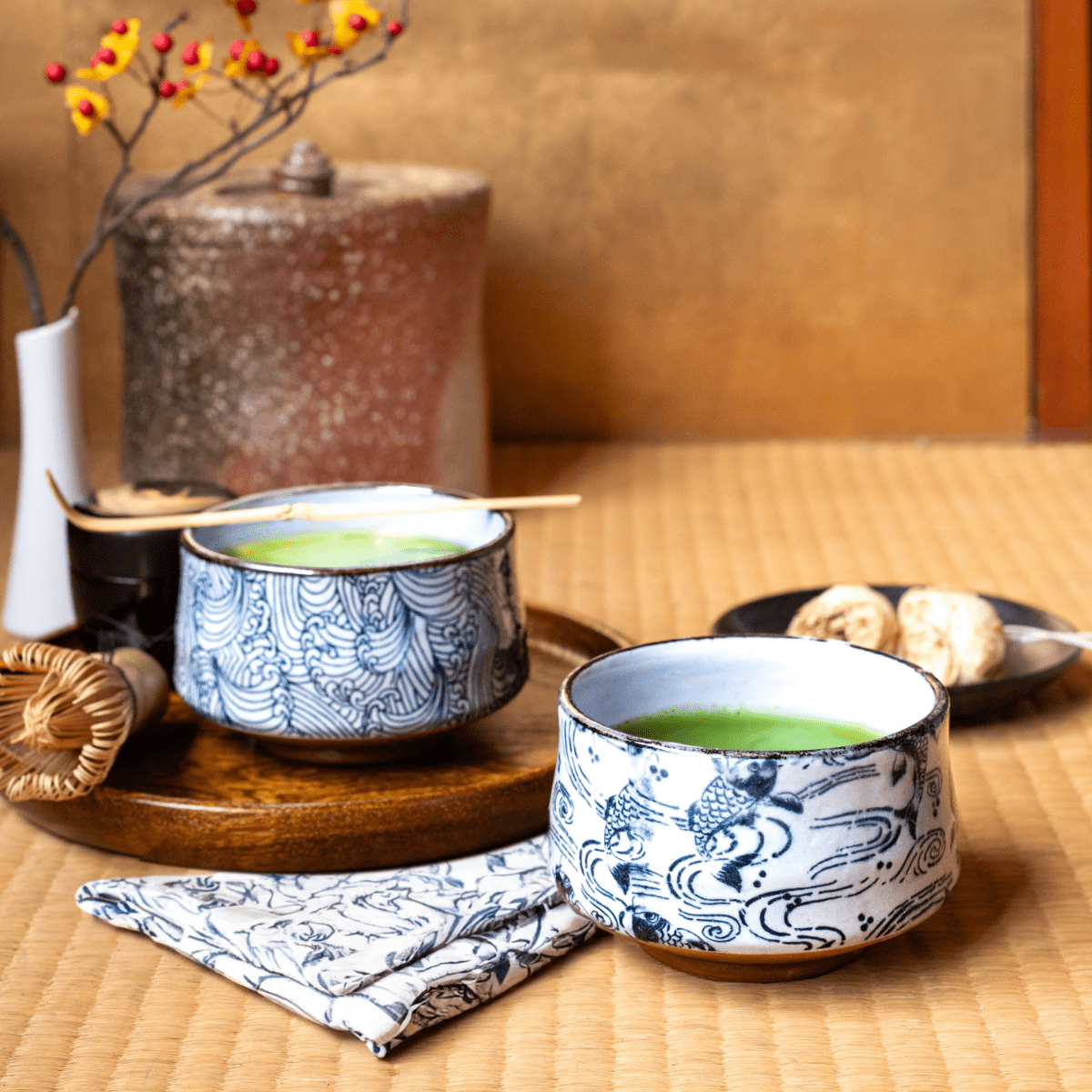
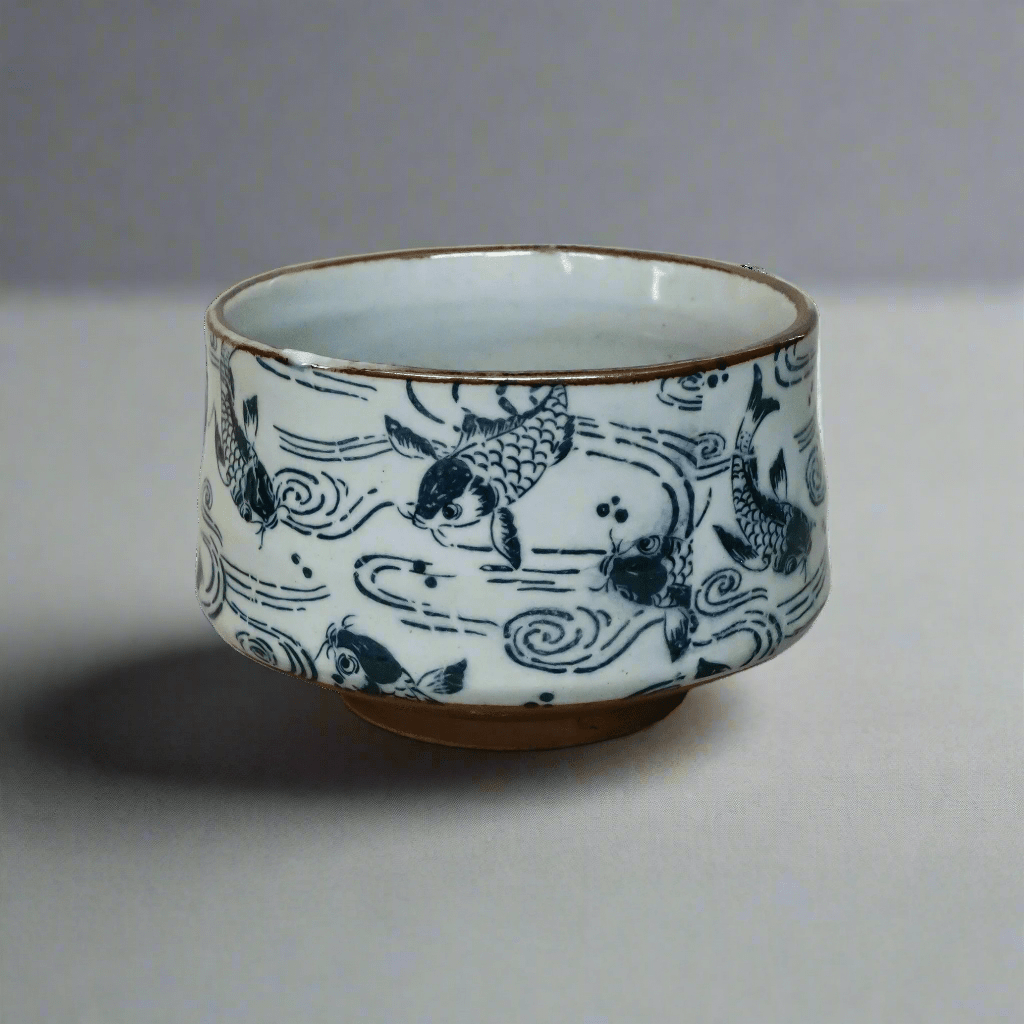
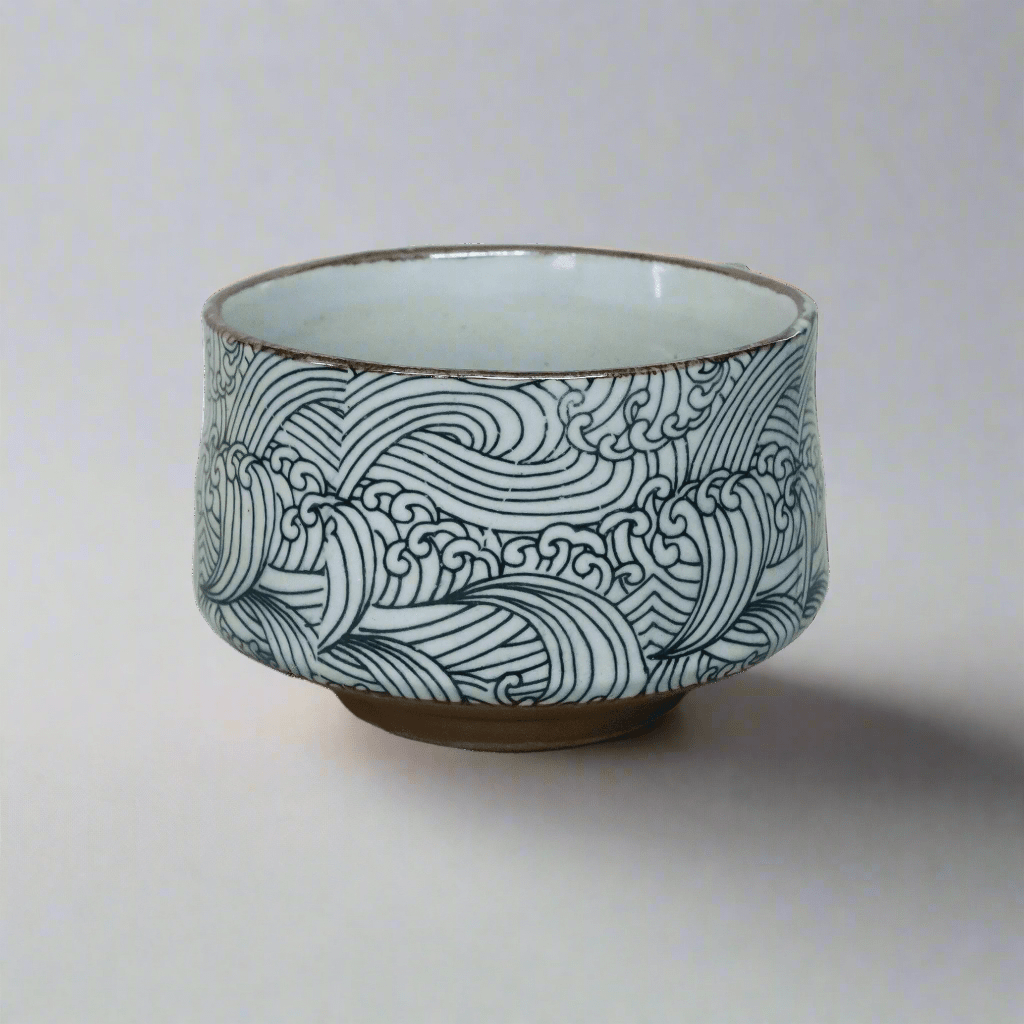
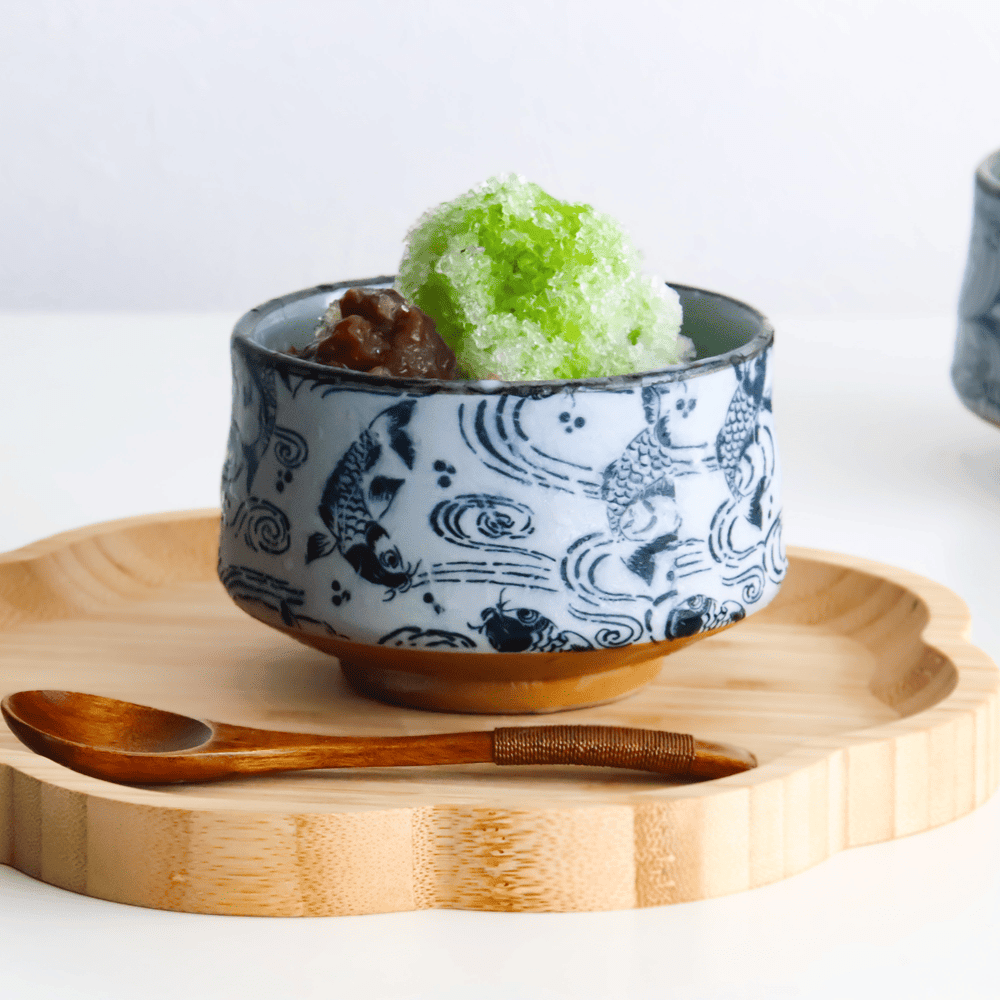
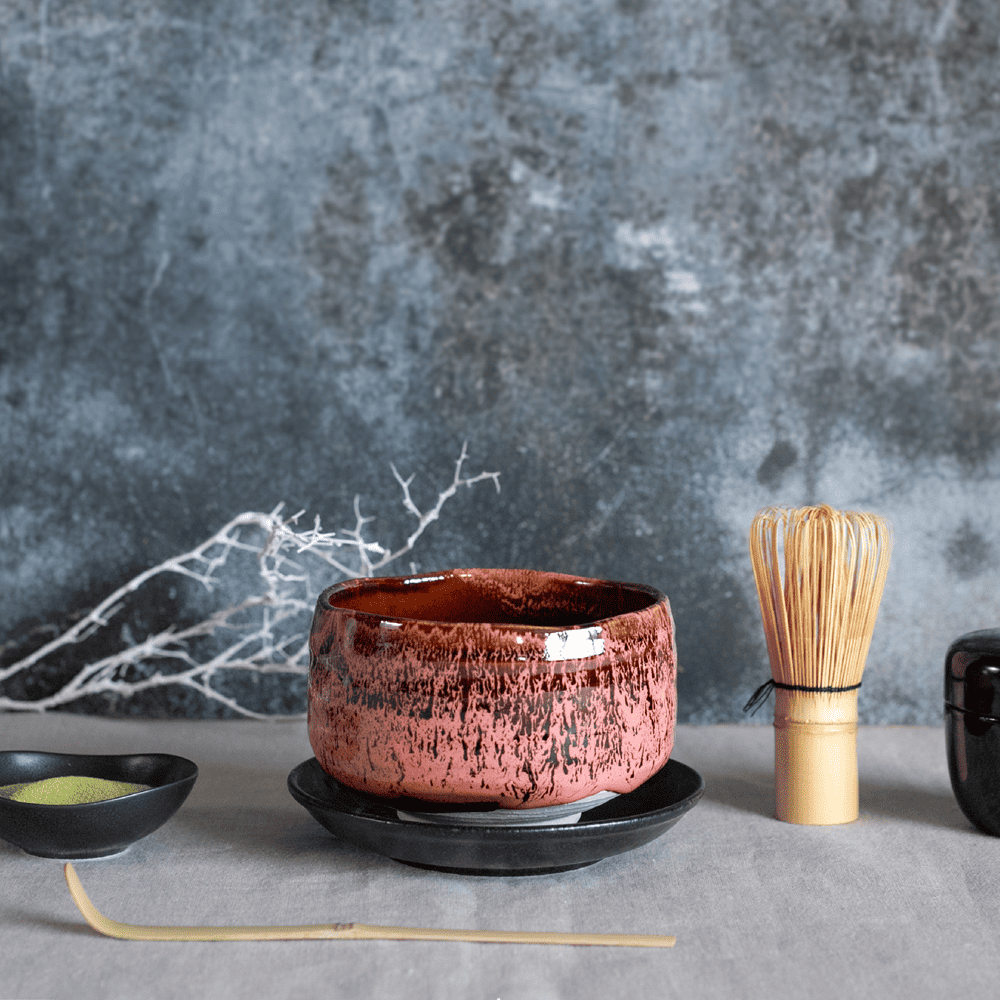
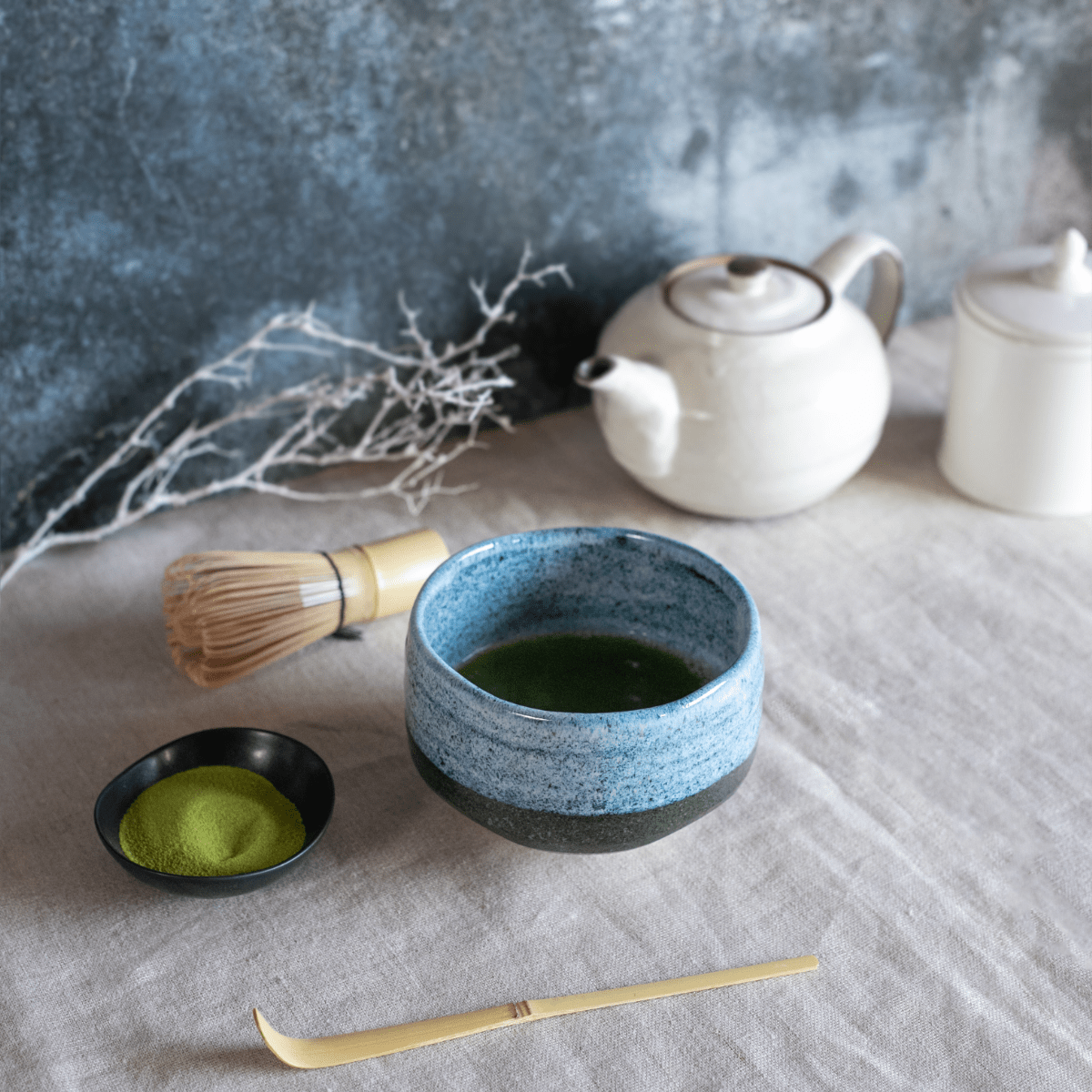
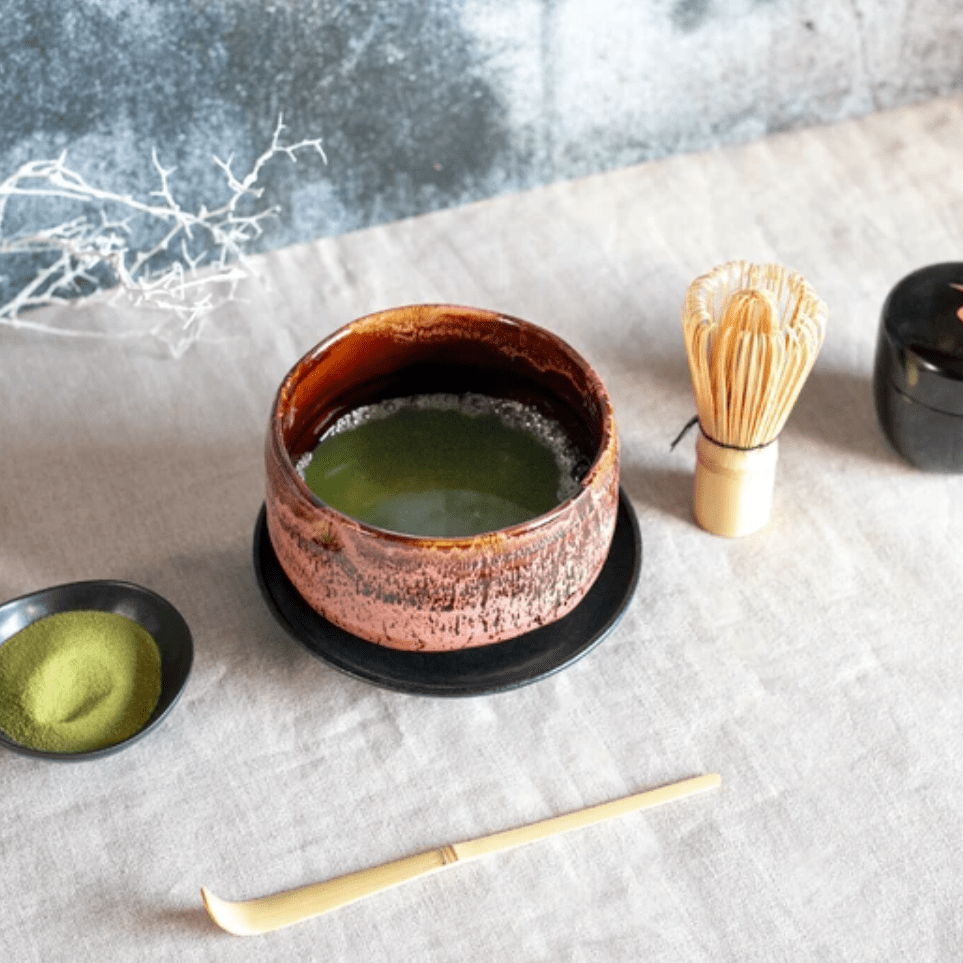
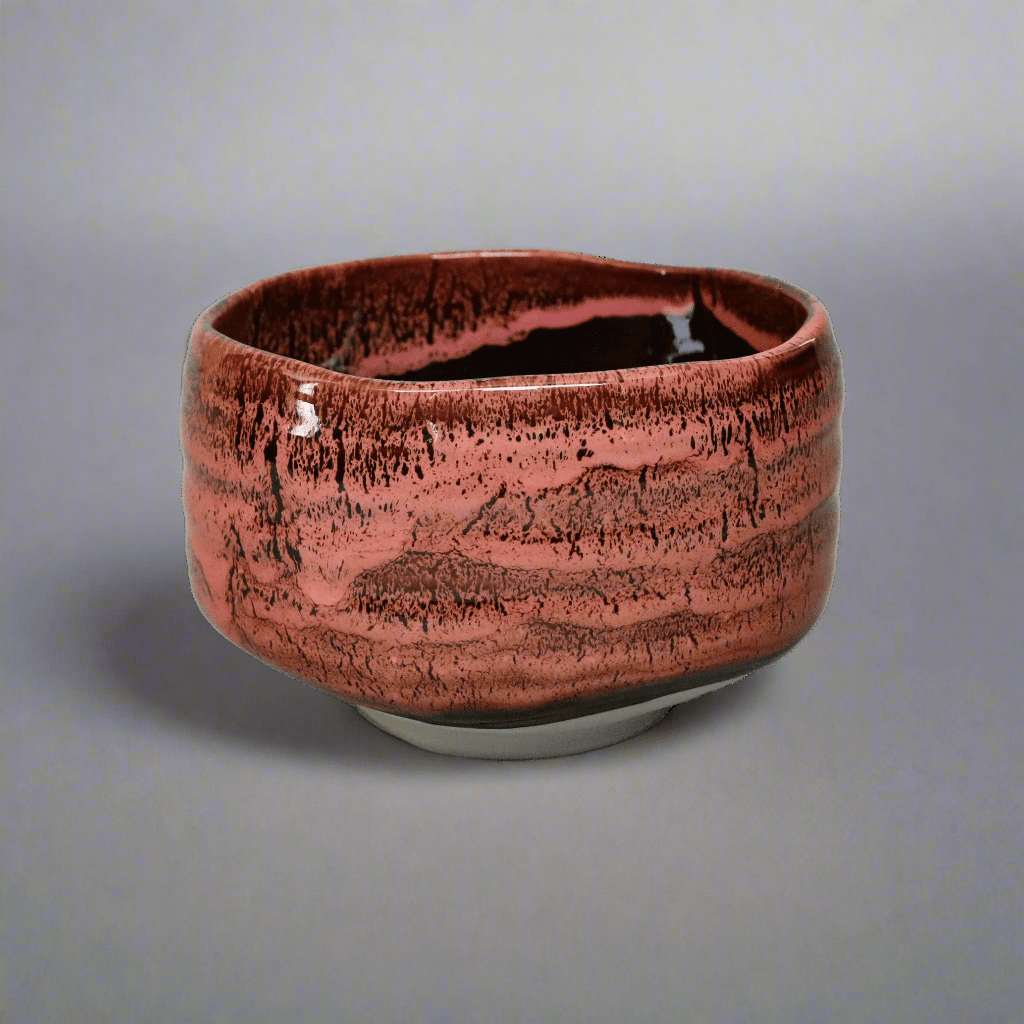
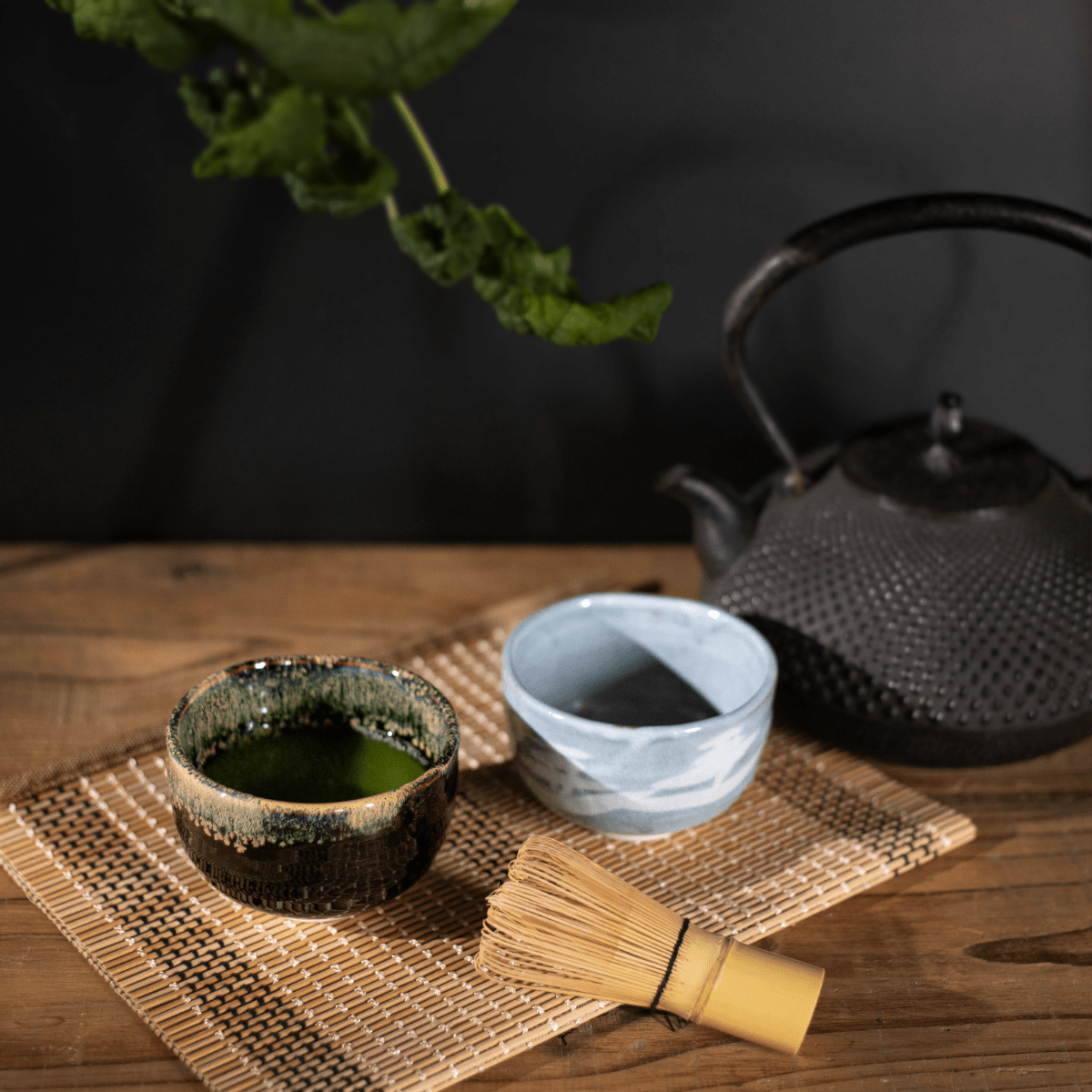
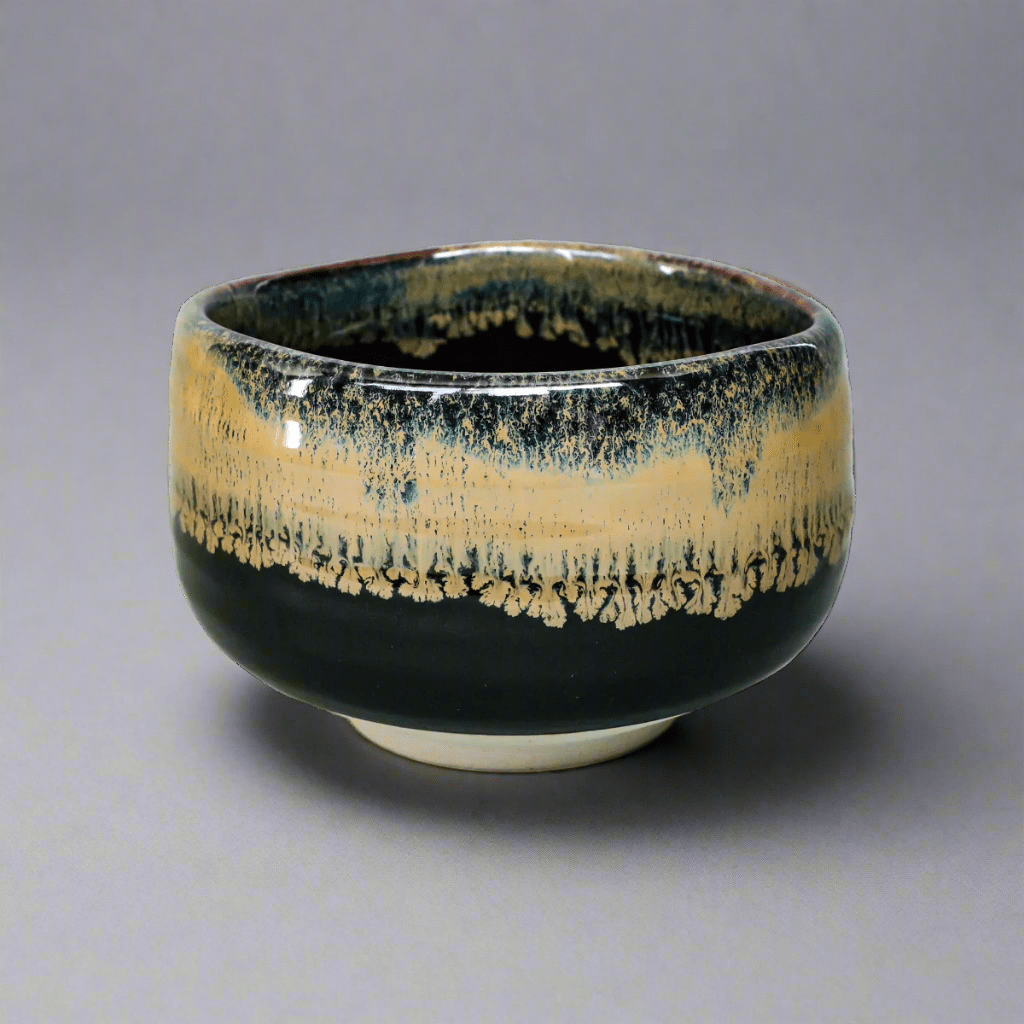
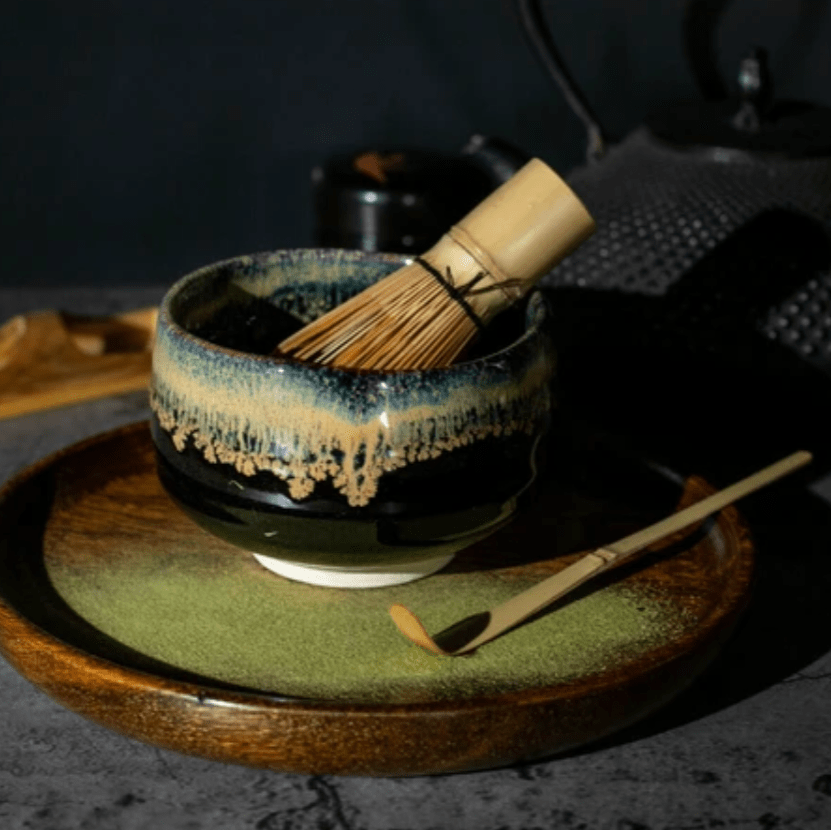
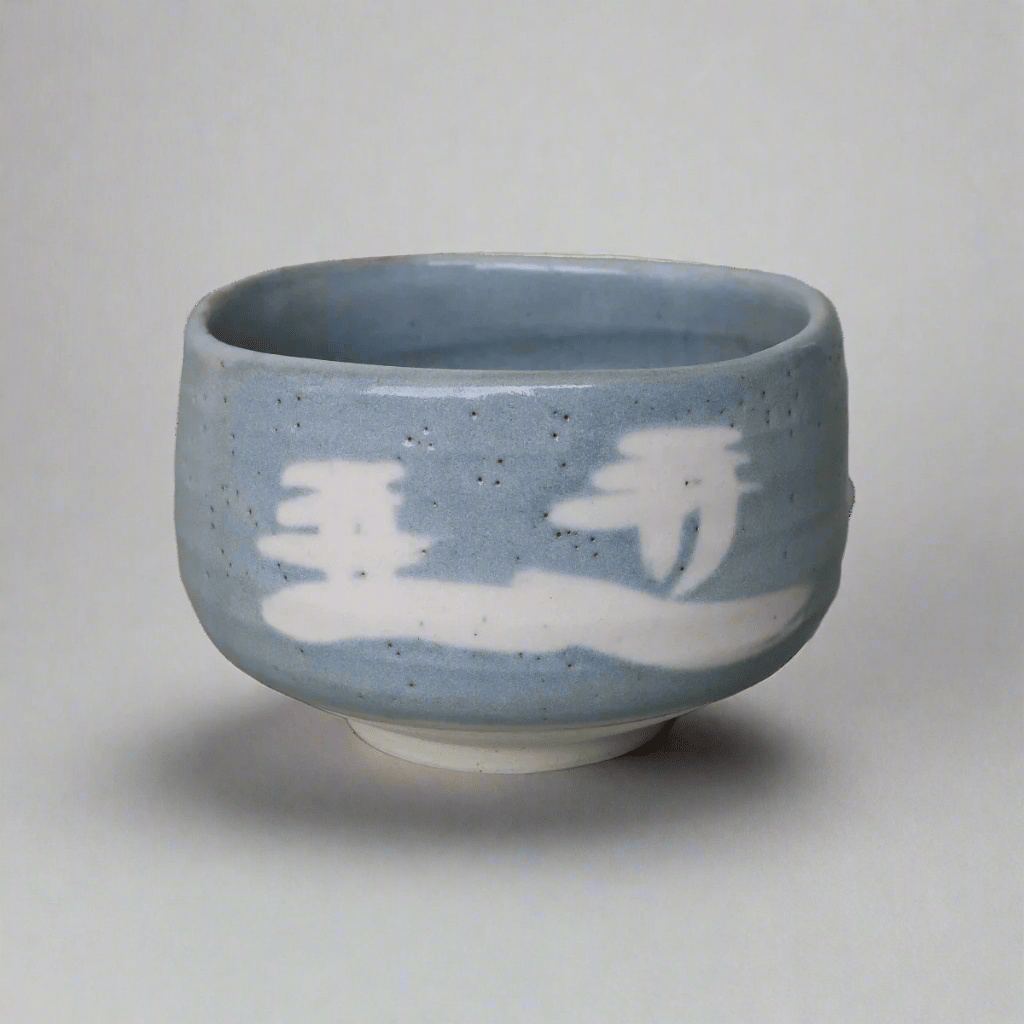
Share: